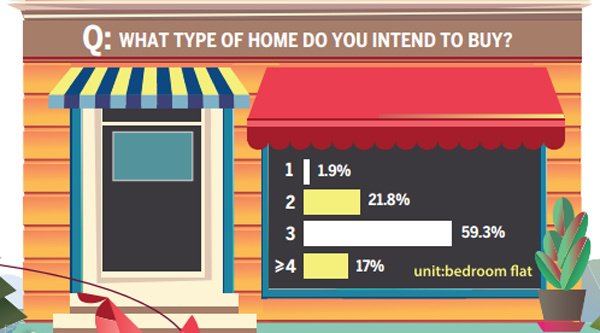
To preempt overheating from such spillover demand, some lower-tier cities have already introduced their own measures to limit home purchases, according to Lau.
"In a sense, better lower-tier cities will absorb investor demand, helping reduce their own inventories. But each lower-tier city varies from another, in terms of location and other factors. For lower-tier cities with tardy economic growth and fewer job opportunities, the pressure to reduce inventories will likely continue," he said.
To be sure, policymakers are in no mood to assume things are back to normal yet. If anything, they appear to be intent on preempting any adverse spillover effects in lower-tier cities as well as preventing speculators from shifting to properties in interior regions or property types not subject to purchase restrictions.
Some lower-tier cities close to key cities, such as Jiangsu province's Suzhou, which is just a one-hour drive from Shanghai, and Guangdong province's Foshan, not far away Guangzhou and Shenzhen, have imposed stricter home purchase rules, particularly against non-local buyers of second and third homes.
Both Beijing and Shanghai have strengthened scrutiny of transactions over commercial-title apartments, preventing speculation "spillover" to quasi-residential properties.

Policymakers are not only raising requirements for homebuyers' qualifications and down payment to curb speculators but urging localities to increase supplies of land for development of residential projects.
On April 6, the Ministry of Housing and Urban Rural Development and the Ministry of Land and Resources jointly released a circular urging cities with limited land supplies for residential properties to increase land supplies for housing projects.
The circular said those cities with inventories that sell fast or would be absorbed by the market in less than 12 months should increase land supply for housing projects.


















































